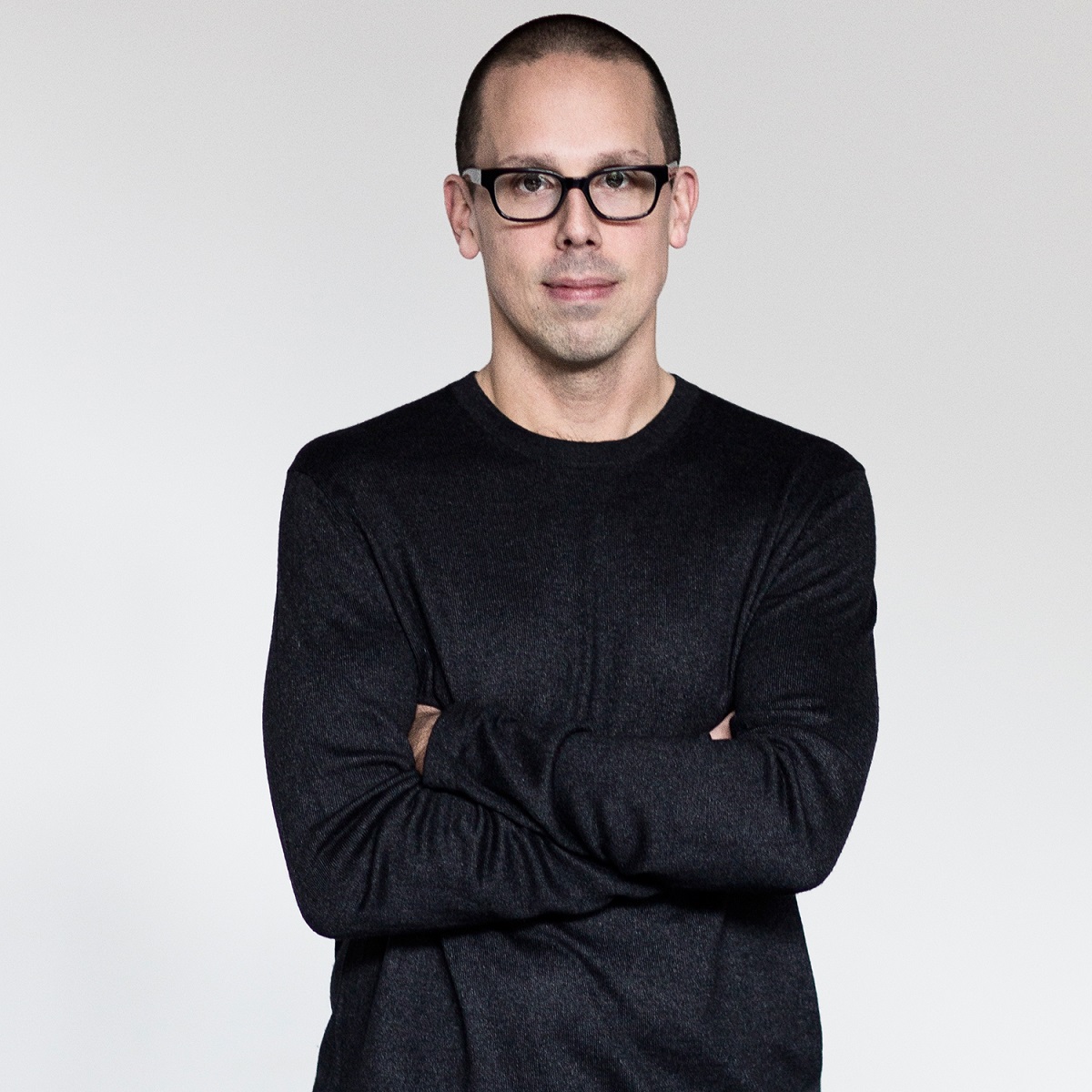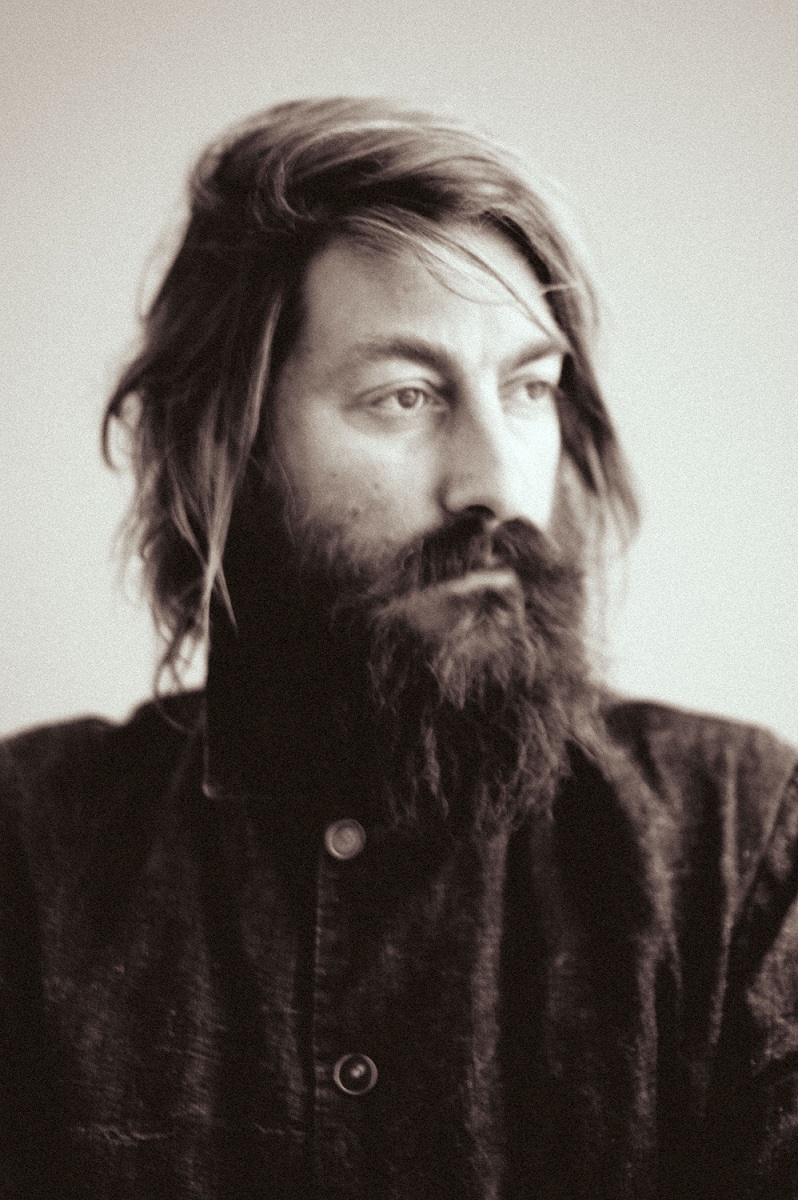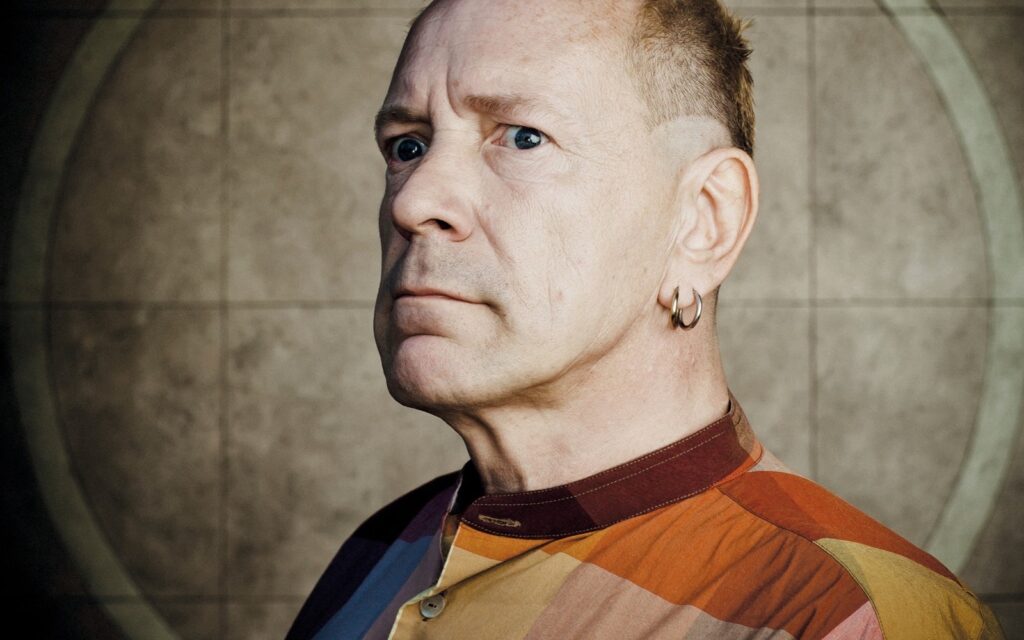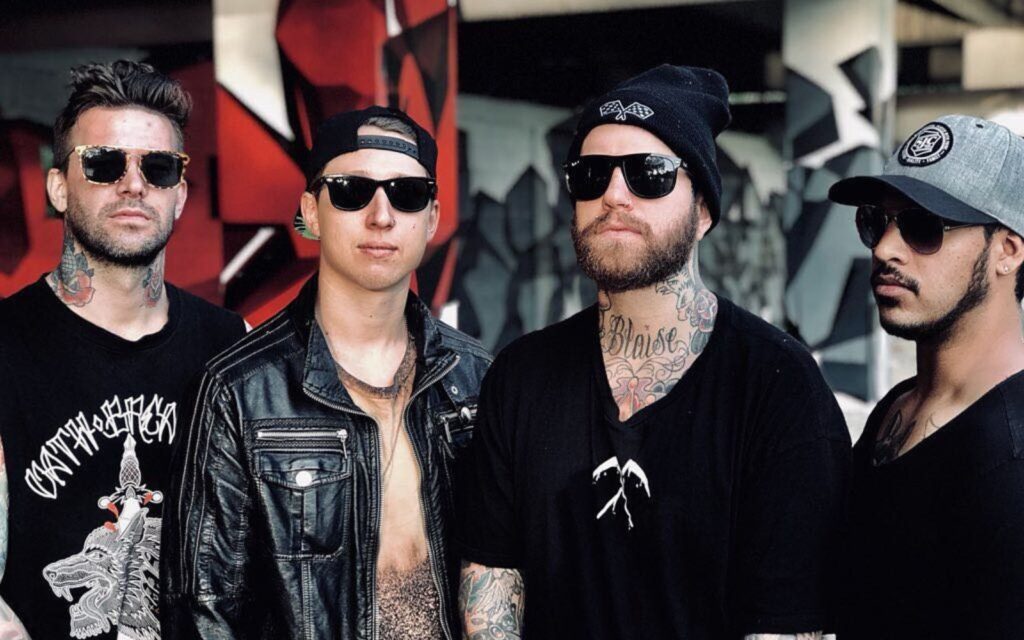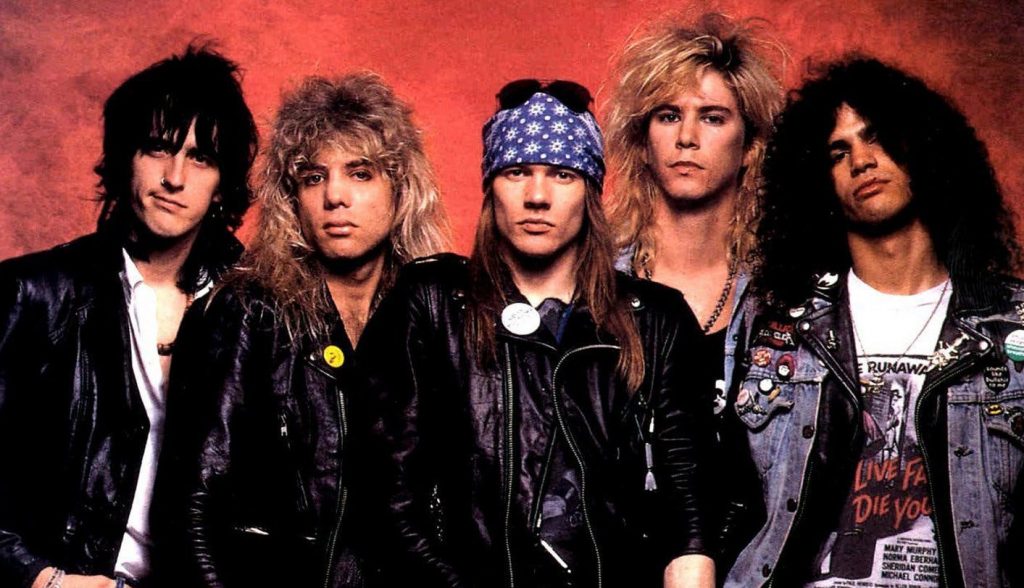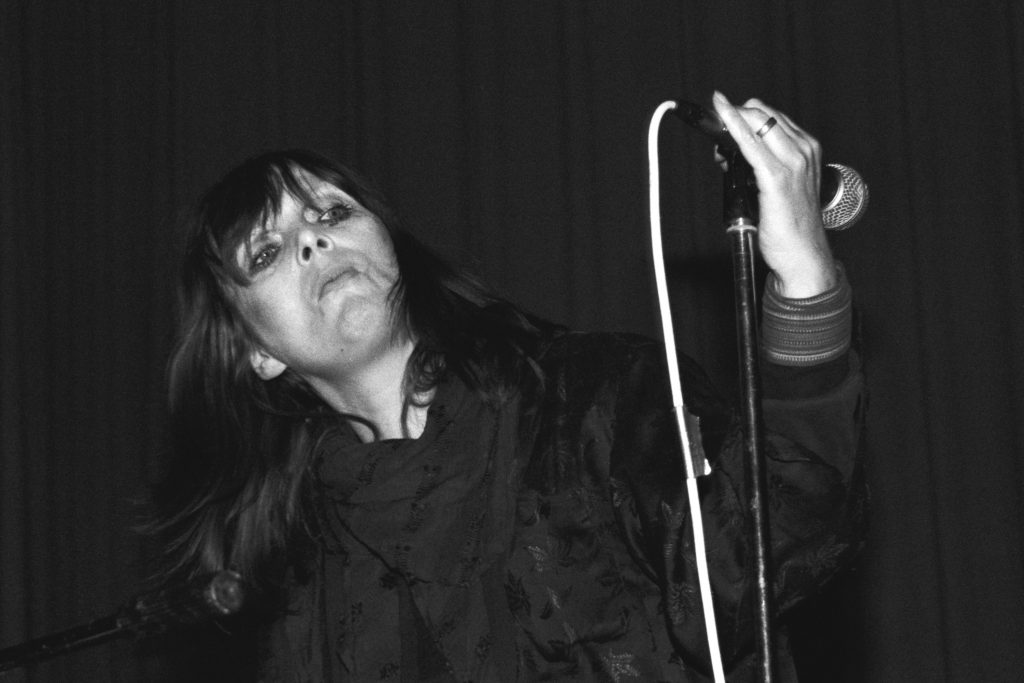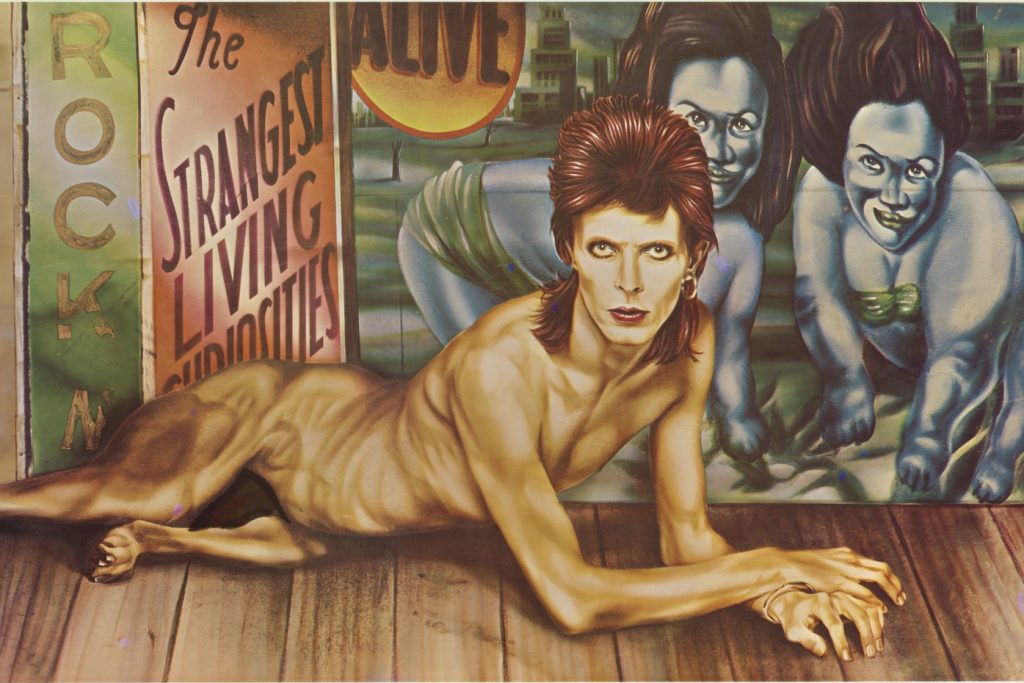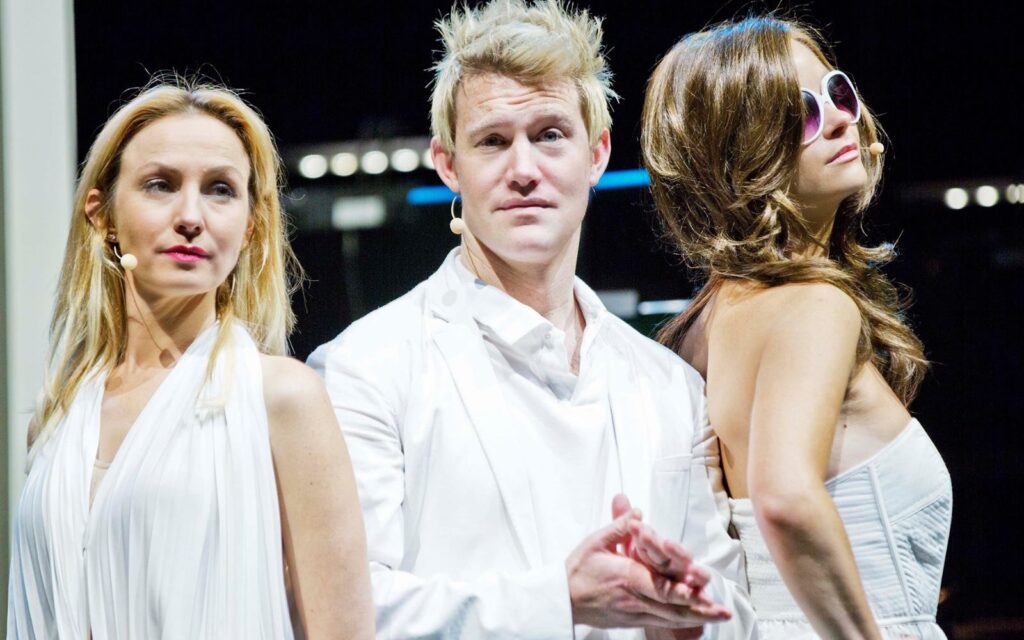An intriguing sonic forum called Process is on its way to Melbourne. Featuring keynote speeches, interactive workshops and networking opportunities, this one-day event is aiming to provide inspiration for anyone involved in the artistic process of creating music and conjuring sound.
“It’s pretty varied. The through-line is sound. Every artist has worked in sound in some way,” explains Rosalind Hall, Arts Centre Melbourne Creative Producer. “We are trying to attract people that are makers of sound, writers, musicians, composers, media artists and people who are working in slightly different fields so hopefully there are pretty interesting discussions and people chatting in the breaks and meeting each other.
“We wanted to offer something different to other music industry conferences. We wanted to provide a day which was looking at the creative process of artists and musicians and delving into the whys and the hows, rather than focusing on topics such as ‘trying to get on the radio’ or ‘making money,’” Hall says.
“We hope it will be a day of inspiration for people and a day of networking across different fields. I would love people to be inspired through their own creating and to experience something that they haven’t seen, heard or thought about before and to connect with different people.”
Process certainly provides the opportunity to gain deep insights into the complex world of sound and how we engage with it. “The first keynote we have is Darrin Verhagen. He’s a sound artist, musician, composer and a teacher at RMIT. He’s done a lot of research into the neurological underpinnings of the experience of music. It’s really fascinating,” Hall says. “It looks at why we love a particular sound and some of the neurological responses associated with hearing something you’ve never heard before. Your brain doesn’t know where to put it so you have that amazing moment of confusion and ecstasy at the same time.”
Attendees will have an opportunity to unleash their own creativity throughout the day and perhaps even generate a bit of confusion and ecstasy. Tom Cosm, who will be running one of the workshops, has made an online composition game. “Anyone can go and start making music. It’s a kind of democratic system of going into a chat room, learning some really basic code and then being able to affect the music that is being generated.
“[The attendees] will be able to log in and make music with each another in the room and the wider chat room at the same time. It will be a cool experiment.”
Excitingly, there will also be a Synth Playground available for participants to explore. “It’s a bunch of different synths and controllers, vintage and new, from Ableton, Melbourne Electronic Sound Studio, Found Sound in Carlton and Innovative Music. They are all bringing in a whole bunch of pieces of gear for people to play with during the breaks,” Hall explains.
“It’s partly about people just getting access to the equipment. Often, you might think you want to go into using a synth but there’s either a money issue or there’s a plethora of choices so it’s pretty hard to begin. For someone who has never played on anything before, they can get a good overview of all those things in the room. We want people to be chatting and interacting between the talks so this is a pretty great way to do it. They can be learning some different skills. It’s a lot of fun too.”
In addition to this enriching sense of fun, our engagement with music and with sound, in general, can shape the way in which we interact with one another. As Rosalind says, “Learning to listen and to listen deeply has a profound impact on society in general. Music is an amazing door into learning to listen. Learning to listen to sound or to music in a more expanded way could lead to listening to people and listening to the environment and being present in what is around you.”
